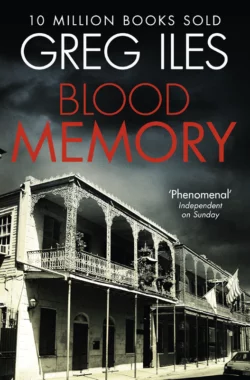Blood Memory

Greg Iles
Тип: электронная книга
Жанр: Современная зарубежная литература
Язык: на английском языке
Стоимость: 856.56 ₽
Статус: В продаже
Издательство: HarperCollins
Дата публикации: 16.04.2024
Отзывы: Пока нет Добавить отзыв
О книге: ‘Iles’s way of telling the story lifts him clear of the pack into a different league’ (Observer) in this masterful psychological serial killer thriller from the New York Times No.1 bestseller.Some memories live deep in the soul, waiting to be resurrected…He kills like an animal, but the bite marks on his victims are unmistakably human… In the suffocating heat of a New Orleans summer, forensic expert Cat Ferry is called on by the FBI to investigate a series of brutal murders. Cat has seen some terrible crimes over the years, though none so horrific or apparently random as these.Called on by the FBI to investigate serial murders, Cat has seen some terrible crimes over the years, but none as horrific or apparently random as the sequence of brutal slayings that confront her now.Plagued by nightmares and panic attacks, Cat returns to her Mississippi hometown. But something associated with this case is calling out to her. Something rooted in the dark recesses of her memory. Someone from the past, who wants Cat to remember what time has allowed her to forget…